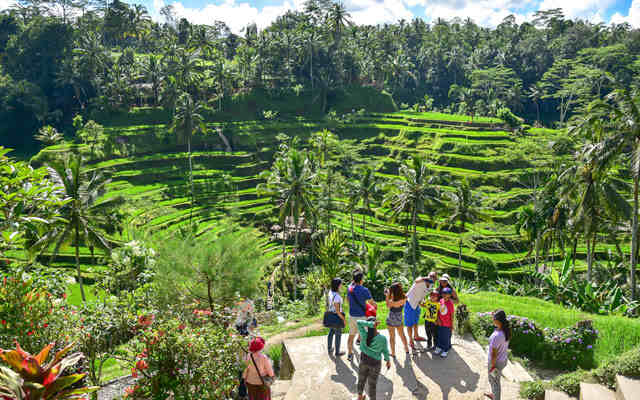Monday, April 1, 2024

In Eastern Borneo, a significant construction project is unfolding, marking the dawn of Nusantara, Indonesia’s future administrative capital. Amidst the dense jungles, an area spanning 2,560 square kilometers is being transformed, integrating industrial sites, mines, indigenous communities, and farmlands. The bustling activity, characterized by heavy machinery and the omnipresent yellow dust, signifies the shift towards this monumental endeavor.
The decision to relocate Indonesia’s capital stems from Jakarta’s alarming subsidence rates, with some areas sinking up to 11cm annually. This predicament is exacerbated by groundwater extraction, unchecked urban development, and the escalating threats posed by climate change. Predictions by Indonesia’s National Research and Innovation Agency suggest that without intervention, a quarter of Jakarta might be underwater by 2050.
Nusantara, nestled in East Kalimantan, aims to centralize Indonesia amidst its sprawling archipelago, fostering equitable distribution of wealth and power. The initiative has garnered support for its potential to drive investment and enhance infrastructure within the province. Official declarations promise a city in harmony with its natural surroundings, aspiring for carbon neutrality by 2045. The new capital’s design, including a presidential palace resembling the Garuda, reflects Indonesia’s rich heritage and environmental consciousness.
While the project is celebrated by many for its ambition to modernize and distribute economic prosperity, it also faces skepticism regarding its effectiveness in addressing Jakarta’s subsidence and the broader goal of decentralizing wealth. Critics argue the project’s hurried pace and its environmental and social repercussions, particularly on local Indigenous populations and natural habitats.
Construction, which began in July 2022, aims to accommodate 1.9 million residents by 2045, significantly expanding the local urban footprint. The Indigenous Balik community, with a history spanning seven generations in the area, voices concerns over the transformative impact on the landscape and traditional ways of life, highlighting the displacement caused by development and the loss of cultural heritage.
This ambitious project not only redefines the geographic and administrative landscape of Indonesia but also poses significant implications for global travel. By establishing a new epicenter in East Kalimantan, Nusantara is set to become a focal point of cultural and economic exchange, inviting international attention to Indonesia’s evolving identity.
Tags: Borneo, Culture, Development, indonesia, Nusantara, sustainability, Urbanization
Monday, April 29, 2024
Monday, April 29, 2024
Tuesday, April 30, 2024
Tuesday, April 30, 2024
Monday, April 29, 2024